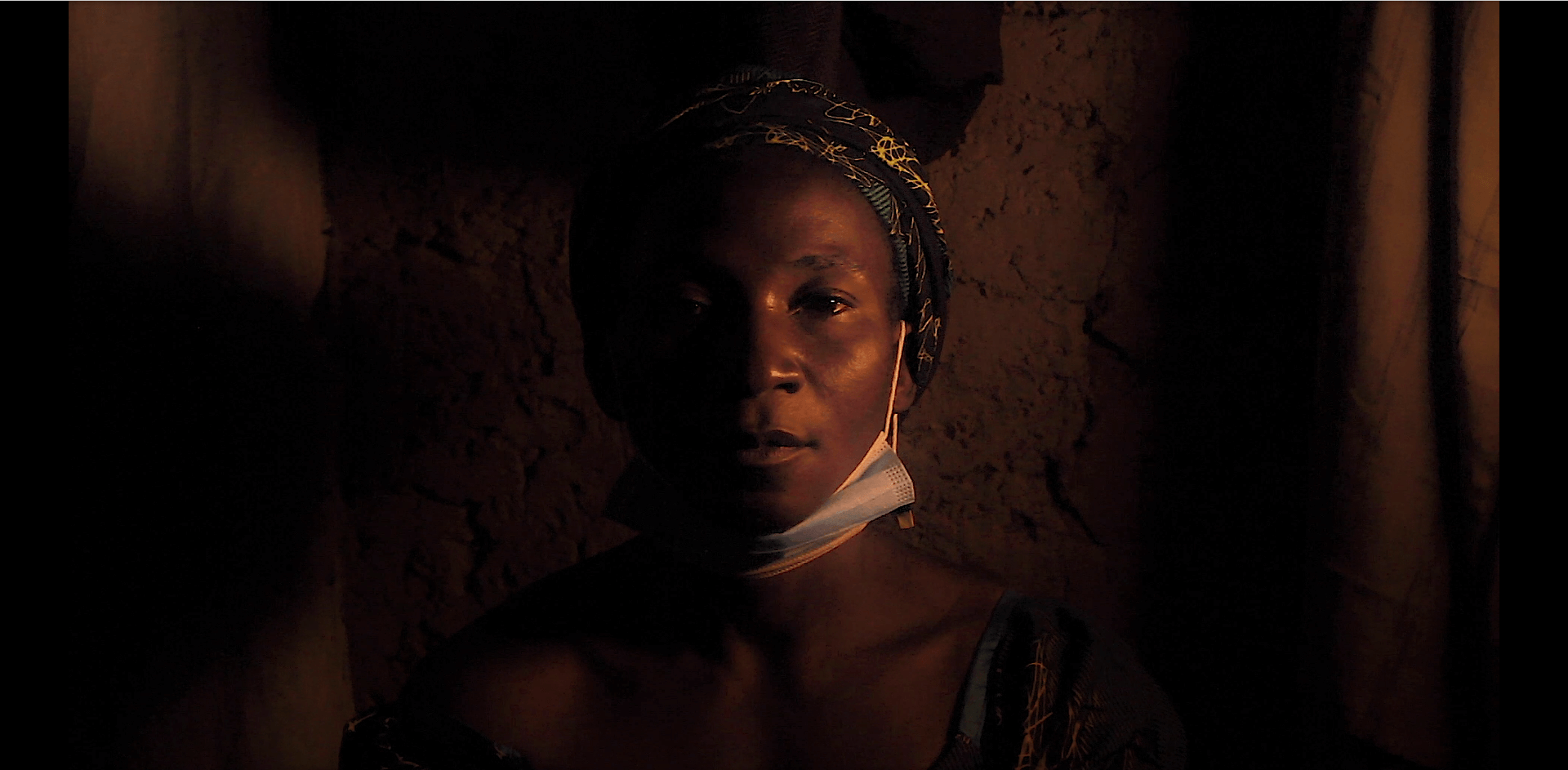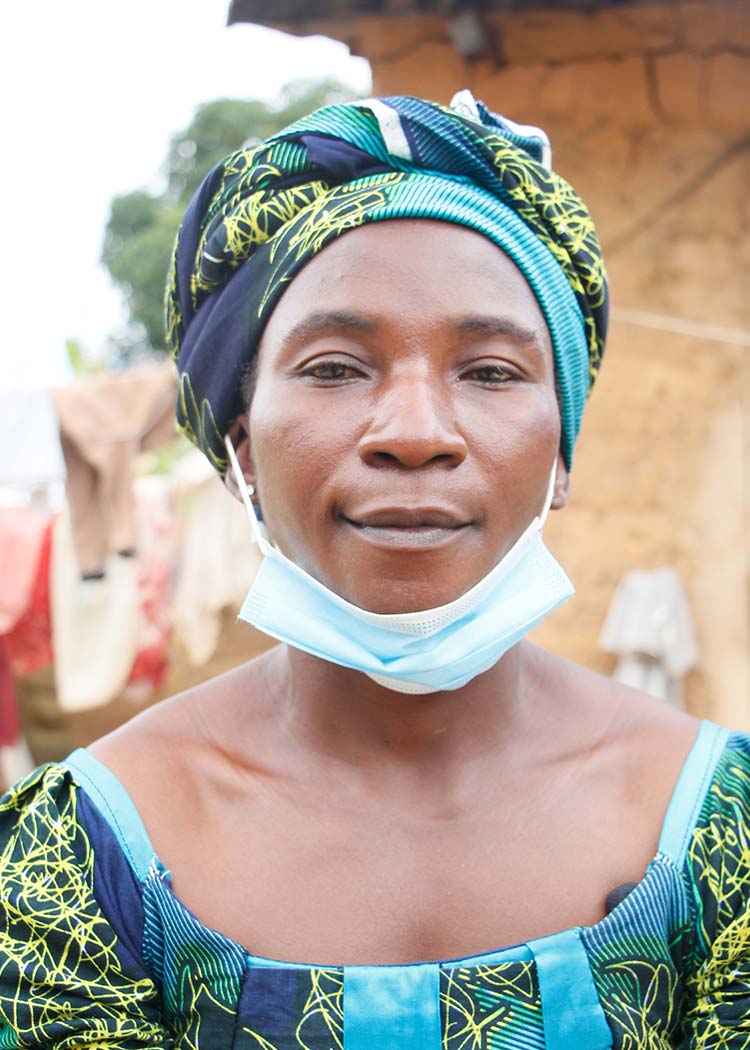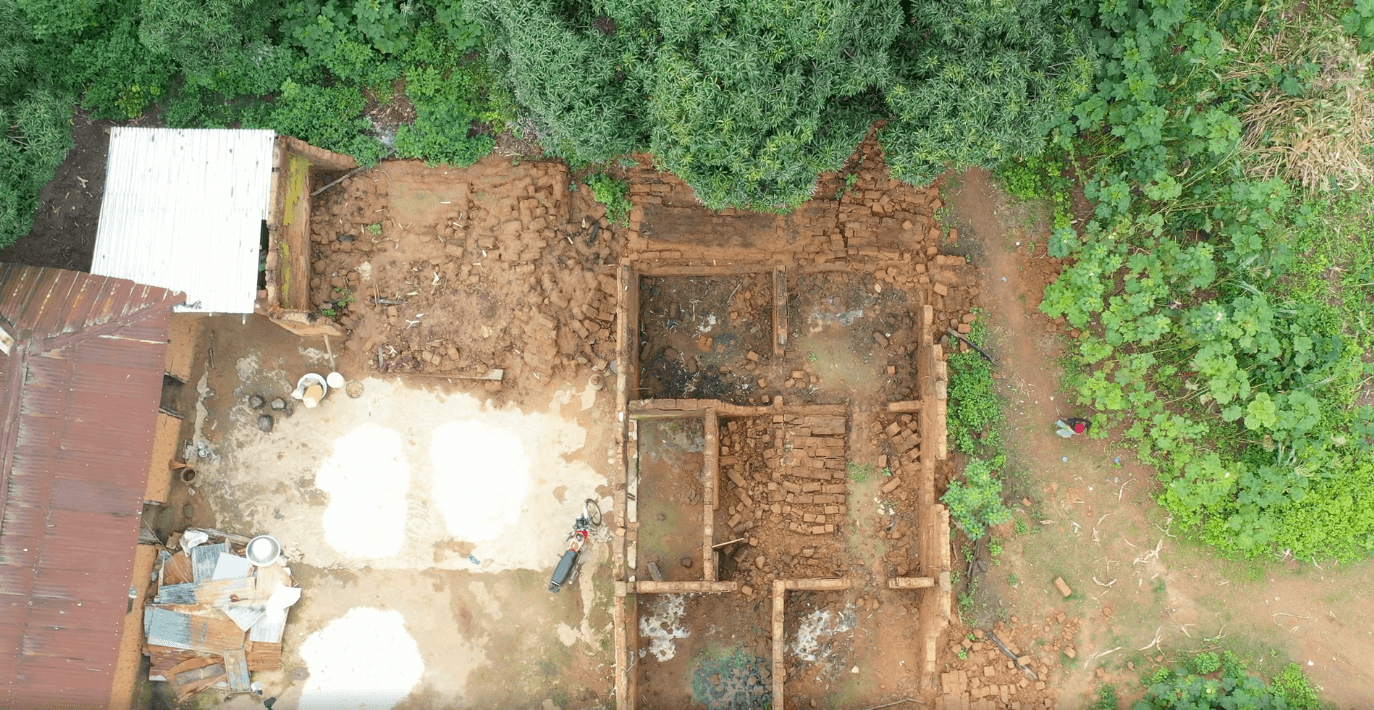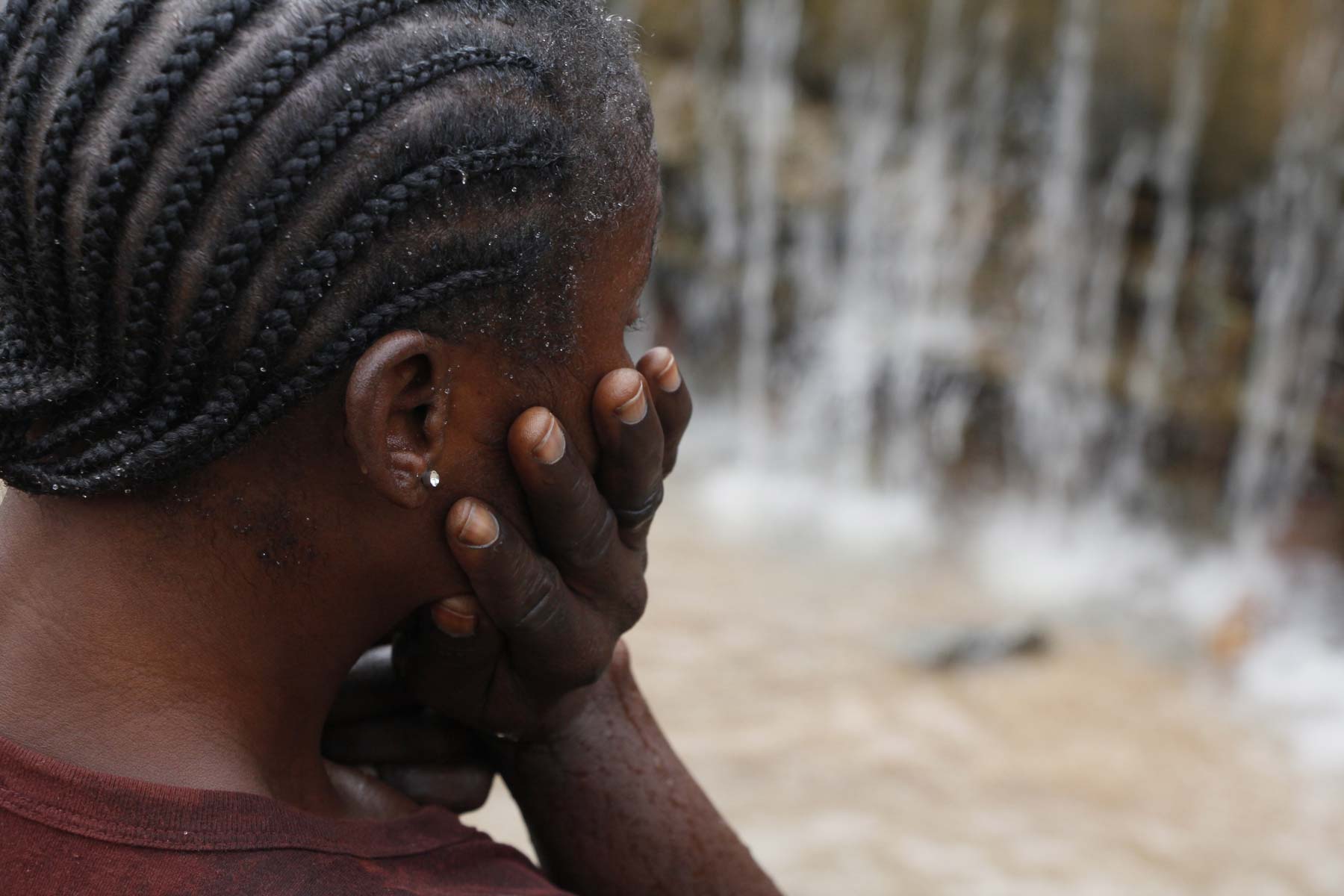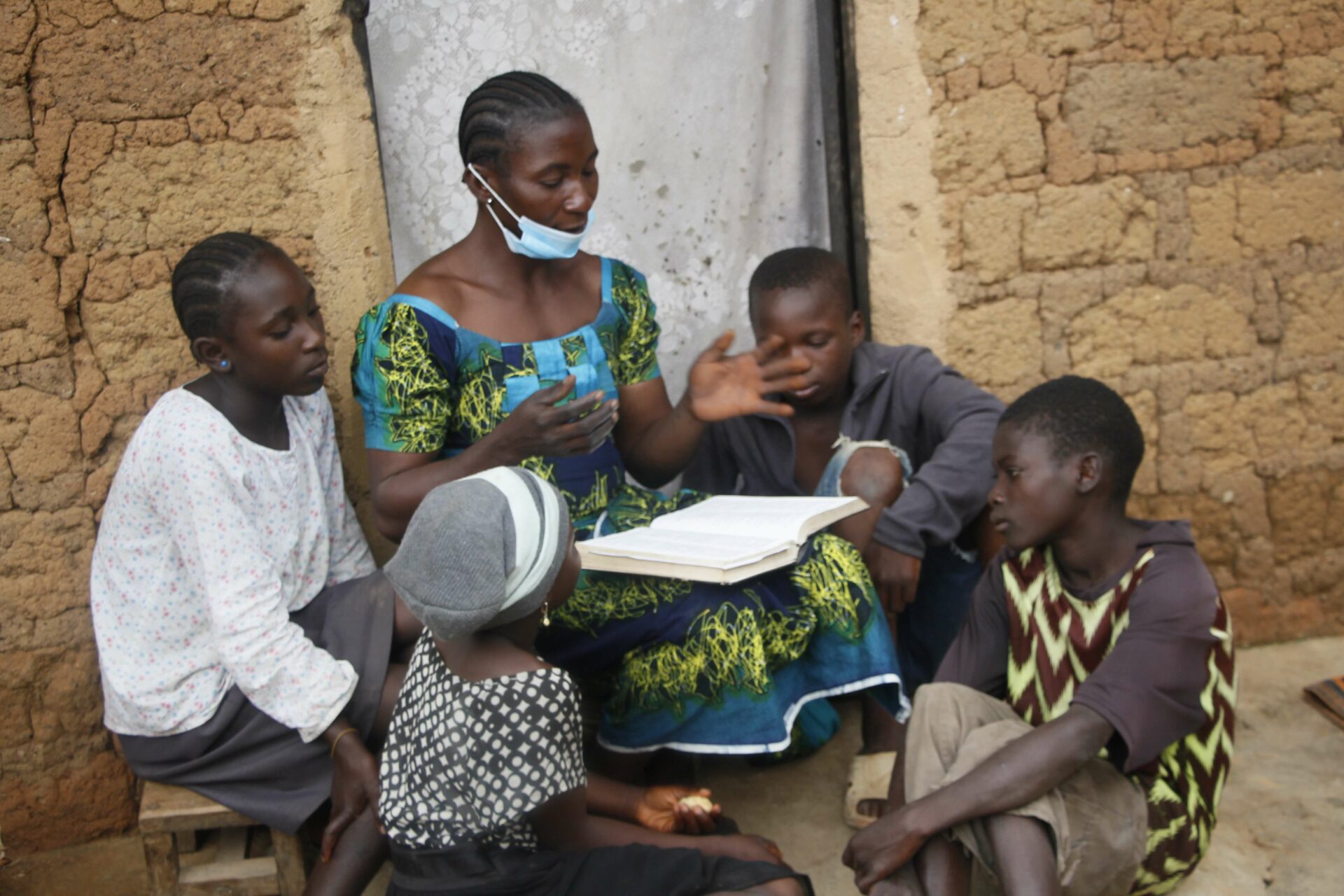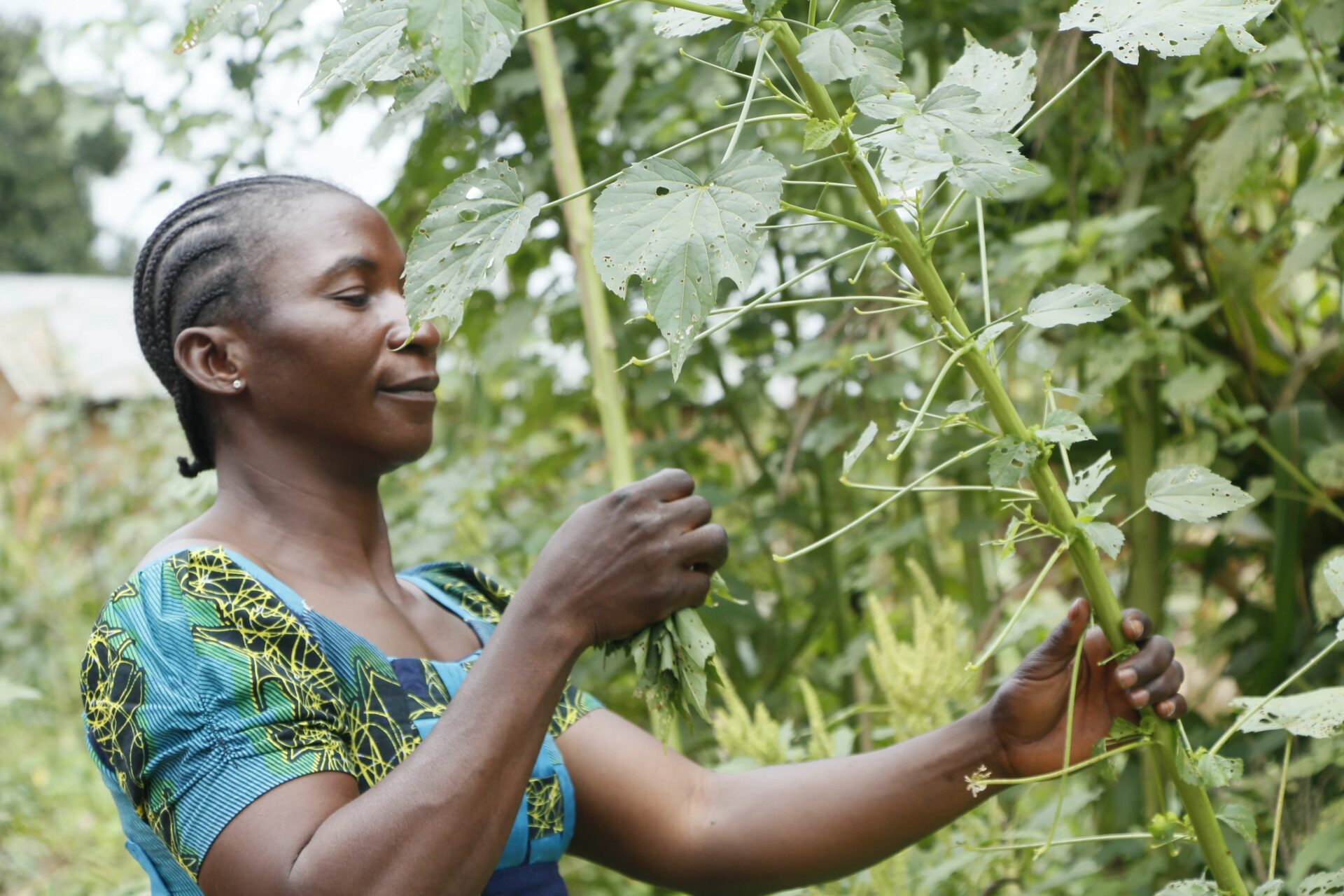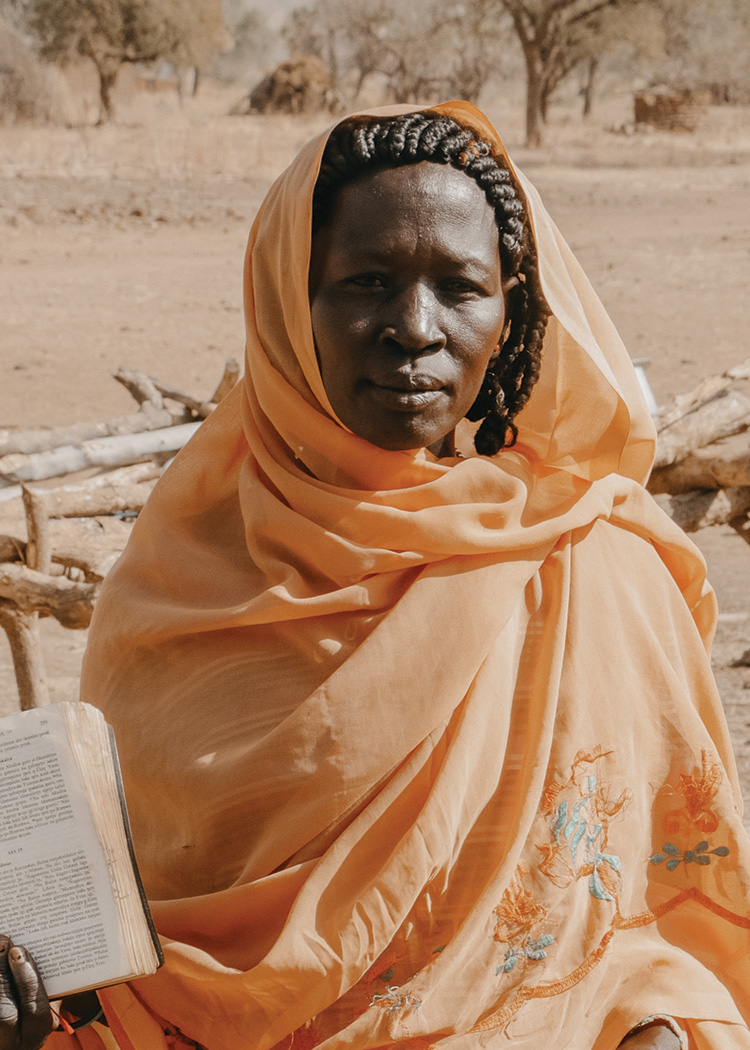The dirt road to Chibob is the colour of burnt sienna, strewn with potholes filled with rainwater from the recent storms. Footpaths crisscross the village, worn from years of travel, connecting the small clusters of homes. Cornfields fill the surrounding countryside, and trees dot the perimeter before giving way to deep forest, a common sight in this part of Nigeria’s Middle Belt.
But in the midst of this idealist scene lies something darker.
Most of the roofs are missing from the villagers’ homes— the mud-brick walls are all that remain, covered with black stains of smoke and fire. The extremist attack left the village in ruins. But it wasn’t just the homes that were destroyed.
On the night of July 10, 2020, as the Fulani militants overtook the village, they killed anyone in their path, torched homes and ransacked food storages. The devastation is easy to see, but what you can’t see is perhaps the most devastating thing of all.
Not all Fulani are militants but are part of a peaceful, Muslim-majority nomadic group. But the impact of the few extremists is devastating, especially in Nigeria’s Middle Belt. Militant Fulani herdsmen kill and displace villagers and take over their farmland.
In many areas, it’s clear that Christians are specifically targeted. Churches are burned and Christian communities are brutally attacked while nearby Muslim communities—who largely live at peace with their Christian neighbours—are usually left untouched. The government has failed to stop the persecution of Christians in the region. Chibob is just one example of the conflict, and the cost to Christians is unthinkable.
